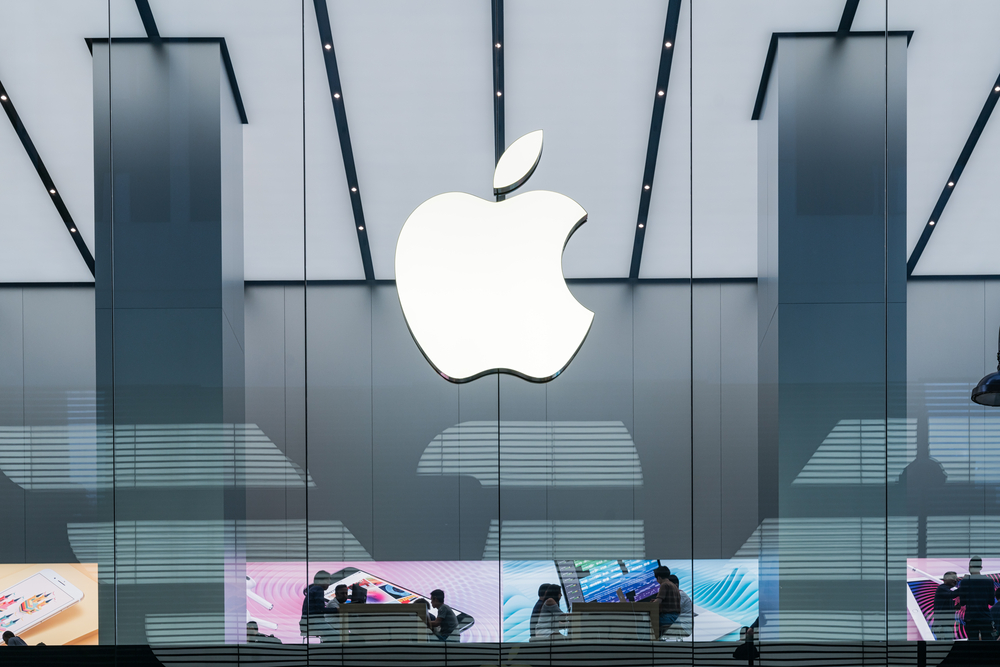Apple has announced that they have a plan to improve their AI without using its users’ data. This innovative approach comes as privacy concerns continue to dominate the tech landscape, with many consumers expressing worries about how companies handle their personal information.
The tech giant have said in a blog post that they have found a way to make its AI models better without training on its users’ data or copying it from their devices. This methodology represents a significant departure from industry standards, where most AI development relies heavily on vast amounts of user-generated content for training.
Instead, the company have outlined that they plan to compare a synthetic dataset to samples of recent emails or messages from users who have opted into its Device Analytics program using special devices. Apple’s Device Analytics program includes voluntary participants worldwide, providing a substantial sample size for this new approach.
The devices will be able to determine which synthetic inputs are closest to real samples, and according to the blog post, “only a signal indicating which of the variants is closest to the sampled data” will be sent to the company. This approach utilizes a form of federated learning, a technique that has shown promise in maintaining privacy while improving AI systems.
By Apply doing it this way, according to the company, it doesn’t access user data, and the data never leaves the device. This methodology aligns with Apple’s long-standing privacy-first approach, which has become a key differentiator in the tech marketplace over the past decade.
The findings from the plan will then be used to pick the most frequently picked fake sample to improve its AI text outputs, such as email summaries. Industry analysts predict that enhancing AI text generation could substantially improve productivity for common communication tasks.
This announcement comes at a crucial time as Apple works to catch up with competitors in the AI race. While companies like Google, Microsoft, and OpenAI have made significant advances in generative AI, Apple has been more cautious in its approach, prioritizing privacy and security over rapid deployment.
The company’s privacy-focused strategy for AI development reflects growing consumer demand for ethical tech practices. Market research indicates that many consumers consider privacy policies when choosing between products and services, giving Apple a potential competitive advantage.
Experts in the field have expressed mixed reactions to Apple‘s approach. Some praise the innovation in privacy preservation, noting that it could set new standards for responsible AI development. Others question whether the methodology will provide sufficient training data to match the capabilities of AI systems trained on massive datasets.
The synthetic dataset approach represents a technical challenge, requiring Apple to create artificial content that closely mimics real user behavior and language patterns. The success of this methodology will depend on how accurately these synthetic samples can represent genuine user communication styles.
Apple has historically introduced privacy features that have later been adopted industry-wide. Their App Tracking Transparency initiative, which limits how apps can track users across different services, prompted significant changes in digital advertising practices. This new AI development approach could similarly influence how other companies approach machine learning.
The announcement also comes amid increasing regulatory scrutiny of AI development practices. Lawmakers in various countries have expressed concerns about data usage in AI training, with some proposing strict guidelines for transparency and user consent. Apple’s methodology potentially positions the company favorably in this evolving regulatory landscape.
Financial analysts suggest that Apple’s privacy-focused AI strategy could strengthen consumer trust in the brand, potentially translating to increased market share in key product categories. The company’s stock has shown resilience despite market volatility, partly attributed to investor confidence in its long-term innovation strategy.
While the timeline for implementing this new AI development approach remains unclear, industry observers expect to see the first results incorporated into Apple’s products in the future. The technology could eventually extend beyond text generation to other AI applications, including image recognition, voice assistance, and predictive features across the iOS ecosystem.













